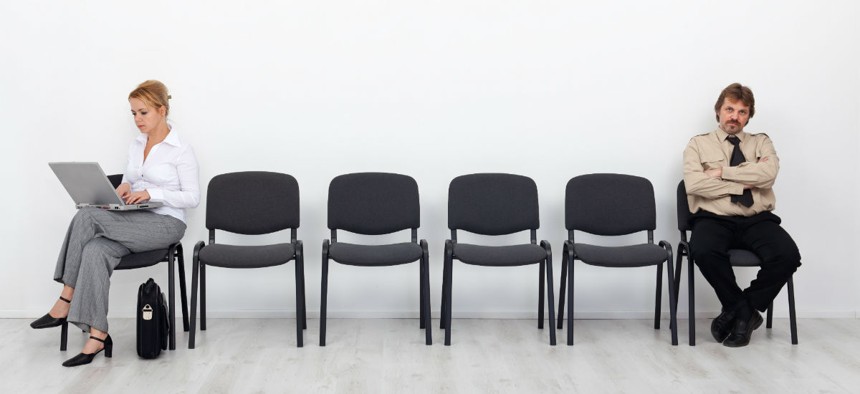It’s Not Your Imagination: Social Media Is Making Us Lonelier
A new NIH-funded study suggests that Facebook and other apps make many feel left out and alone.
Initially, most of us thought that Facebook, Instagram, Twitter, and other social media applications would help to bring people together. And, yes, in many instances that has been true. Such apps have made it possible—even simple—to catch up with former classmates living thousands of miles away, share a video of your baby’s first steps with relatives near and far, or strike up new acquaintances while discussing the stock market or last night’s ballgame. Yet, a new NIH-funded study suggests that social media may also have the power to make people feel left out and alone.
Based on a nationwide survey of more than 1,700 young adults, researchers found that individuals who were the heaviest users of social media were two to three times more likely to feel socially isolated than those who used little to no social media. And that’s a concern to those of us in the medical field: previous research has linked social isolation to worsening physical and mental health, and even an increased risk of death. In fact, some experts have gone so far as to label loneliness a major public health concern.
The new study, reported in the American Journal of Preventive Medicine, was led by Brian Primack and his colleagues from the University of Pittsburgh. They set out to look specifically at social media use and its possible association with feelings of social isolation in young adults.
To do so, they randomly surveyed 1,787 male and female young adults about their use of 11 popular social media applications. These included Facebook, Twitter, YouTube, LinkedIn, Snapchat, Instagram, and Reddit.
The survey also contained four questions about social isolation, or lacking a sense of social belonging. For each of the four questions, participants selected a number from 1 to 5, corresponding to never, rarely, sometimes, often, and always. Their perceived social isolation was then calculated by adding up the answers to those four questions.
Respondents, who were ages 19 to 32, were quite diverse in their educational level, income, and ethnicity. A little over half were white, with 13 percent African American, 20 percent Hispanic, and 9 percent racially mixed.
Primack and his colleagues found that the top users of social media spent more than two hours per day on the apps, visiting them on average at least 58 times per week. Those who were the most limited users of social media least spent 30 minutes or less clicking on social media each day, with 8 or fewer weekly visits per week.
The researchers found that people who spent the most time on social media were twice as likely to feel more socially isolated. And those who logged onto social media apps several times each day were more than three times as likely as those who rarely used social media to feel more socially isolated.
There’s a chicken-and-the-egg issue here. It’s not really clear which came first: social media use leading to feelings of social isolation—or vice versa. It’s possible that people who feel socially isolated look to social media to help fill the void. Or, it may be that spending hours on social media, rather than on other activities, encourages feelings of isolation and even jealousy. That is, people may read the carefully selected posts of their friends who appear to be having fun, and become resentful of being left out. It may also be some combination of both.
The researchers say they don’t mean to imply that people should drop social media altogether. Social media is a useful tool and, for many of us, it has become an integral part of modern life. But going forward, it will be important to learn how to develop and maintain healthy social media habits that add to, rather than detract from, the quality of our lives. As with many things in life, balance is key.
Francis S. Collins, M.D., Ph.D. is the Director of the National Institutes of Health








